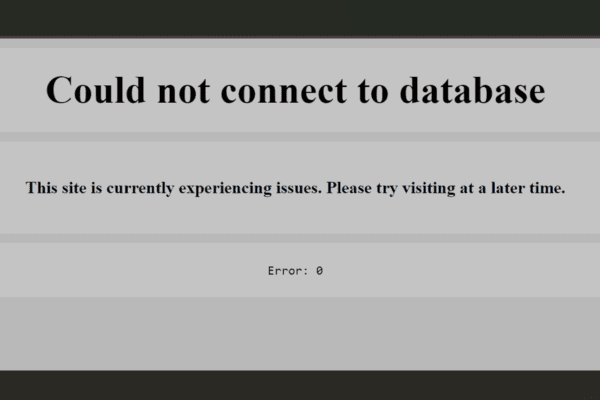Table Of Content
Website Clone Maker is a kind of tool that assists you in rebuilding the structure, design, and content of an already existing website. This may be useful if a developer, designer, or business needs to create a similar site but does not want to start completely from scratch. With them, you simply insert the target website’s URL into them, and they do the work to create a copy for you to modify to your liking.
Top 3 Website Cloning Tools:
- Website Cloner: This tool will help you completely clone any web page, along with its images, videos, PDFs, and all other related assets. It creates simple, understandable folder structures and HTML templates which one can edit with their favorite editor.
- TeleportHQ’s AI Website Builder: Powered by ChatGPT, this website builder lets you create sections by writing a short description. In a few seconds, the AI builder will design the required sections. Further, edit them in TeleportHQ’s visual editor or export the code and use it directly in your project.
- UI Replicator: UI Replicator allows you to clone any website, including layout, imagery, and style elements. This tool is ideal for web developers, designers, and educators, making website cloning easier and providing you with custom refinements.
How AI Facilitates Website Cloning:
Artificial Intelligence streamlines the cloning process by automatizing the analysis and replication of web pages. This means the AI-powered tools can read the structure, design elements, and content of a website and produce code that represents the original website. That is when it saves time and decreases effort that would have otherwise been engaged in traditional methods of cloning. With tools like TeleportHQ’s AI Website Builder, for example, AI is used to generate sections of the websites from textual descriptions, making the process even more intuitive and efficient.
Ensuring No Copyright Infringement:
Though website cloning tools are powerful, use them responsibly and avoid copyright infringement. Following are some steps to ensure compliance:
- Obtain Permission: Before you clone any website, you must get explicit permission from the owner of that website if it is intended for commercial purposes.
- Use for Educational Purposes: If you’re cloning a site for learning or personal development, ensure it remains private and isn’t published or distributed.
- Replace Proprietary Content: Replace any copyrighted images, text, or media with your original content or that which you have the rights to after cloning.
- Review Terms of Service: Check the target website’s terms of service regarding any restrictions on copying or reproducing their content.
By just respecting the guidelines discussed above in terms of intellectual property rights, website cloning can be done effectively and efficiently.






